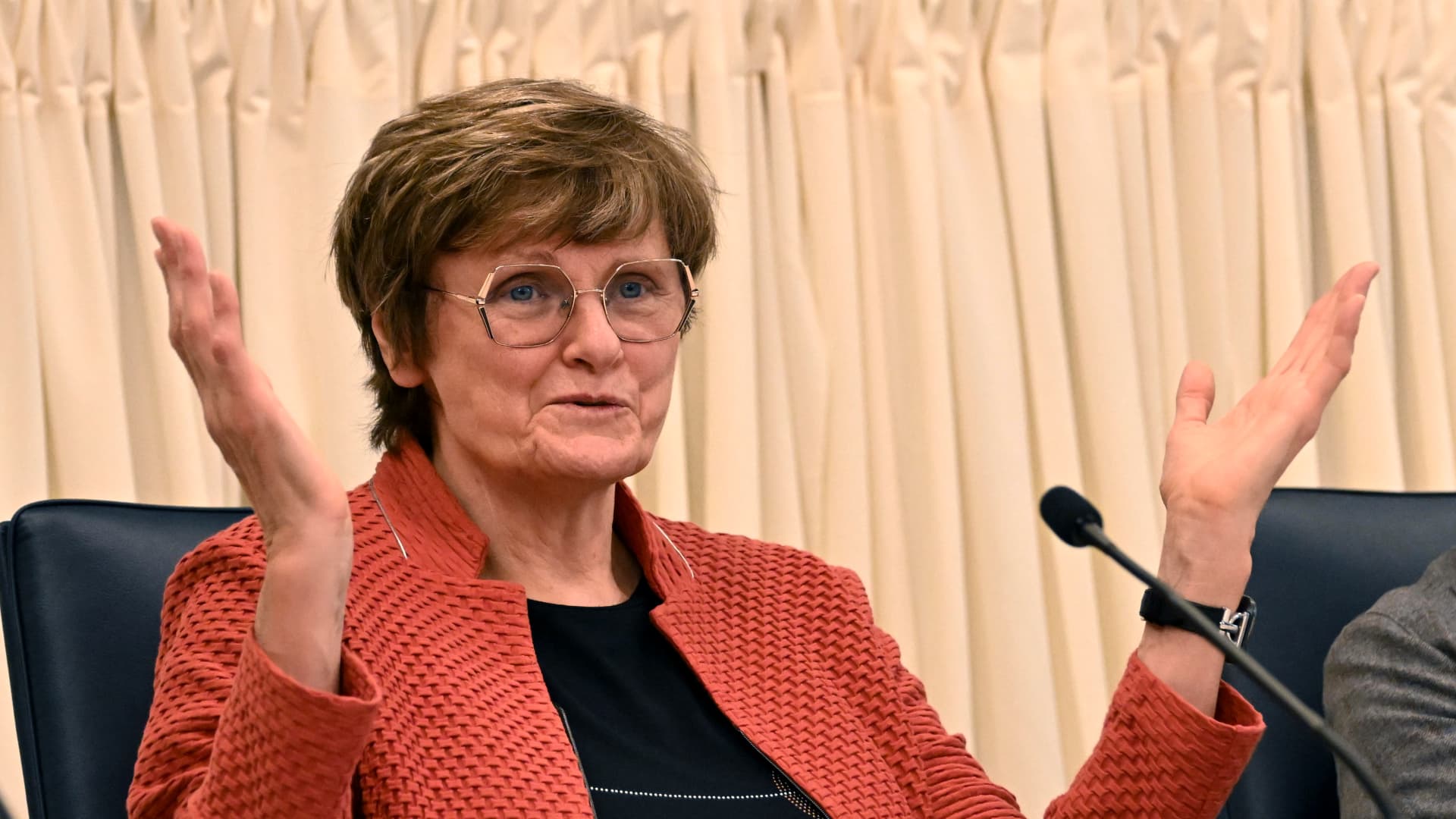It took only a few hours for the BioNTech-Pfizer Covid-19 vaccine to be created. Moderna created its Covid vaccine in two days.
Katalin Karikó, a biochemist and researcher, started working on the science that made both of them possible in 1989.
On Monday, Karikó, along with her collaborator Drew Weissman, won the Nobel Prize in Physiology and Medicine. But her journey to prestige has been punctuated with more hurdles than catalysts.
“I was demoted four times,” Karikó, 68, tells CNBC Make It of her time at the University of Pennsylvania, where she was a research assistant professor before eventually being pushed out.
Karikó says her interest in mRNA, the genetic messenger that sends DNA instructions to make specific proteins, was often dismissed. While she thought it had “promise,” many scientists didn’t see her vision, which made it difficult for her to obtain grant money, she says.
The University of Pennsylvania did not respond to CNBC Make It’s request for comment.
It’s clear, and impressive, that Karikó didn’t take those obstacles personally.
“Don’t focus on what you cannot change,” she says. “Because you are fired, don’t start to feel sorry for yourself. You just have to focus on what’s next because that’s what you can change.”
‘I always emphasize the positive’
Karikó relates her setbacks like facts instead of tragedies.
Born in Hungary, Karikó earned her Ph.D. at the University of Szeged and did her postdoctoral work at its Biological Research Center. After a few years, the university ran out of money and eliminated her position.
“We were out of money, so that’s it,” she says.
Then, Temple University biochemistry professor Robert J. Suhadolnik invited her to be a postdoctoral student in Philadelphia. She, her husband, and her two-year-old daughter Susan immigrated in 1985.
A few years after she and Suhadolnik began working together, she got another job offer, which she accepted. Suhadolnik didn’t receive the news well, she says. According to…
Read the full article here

Leave a Reply